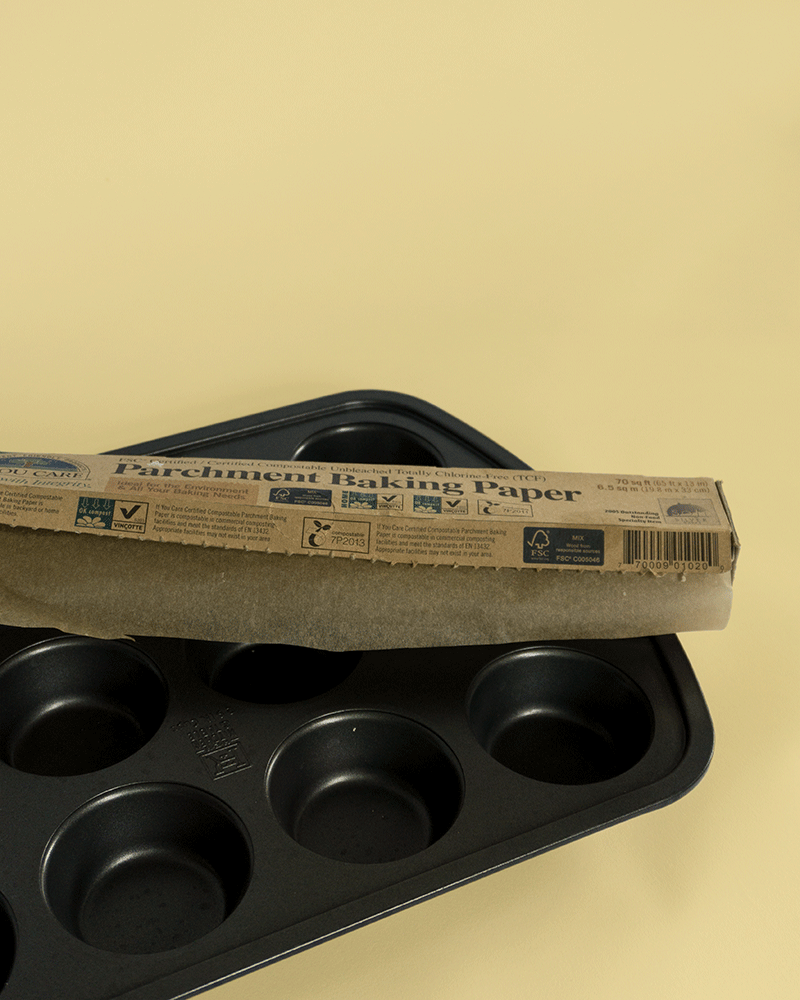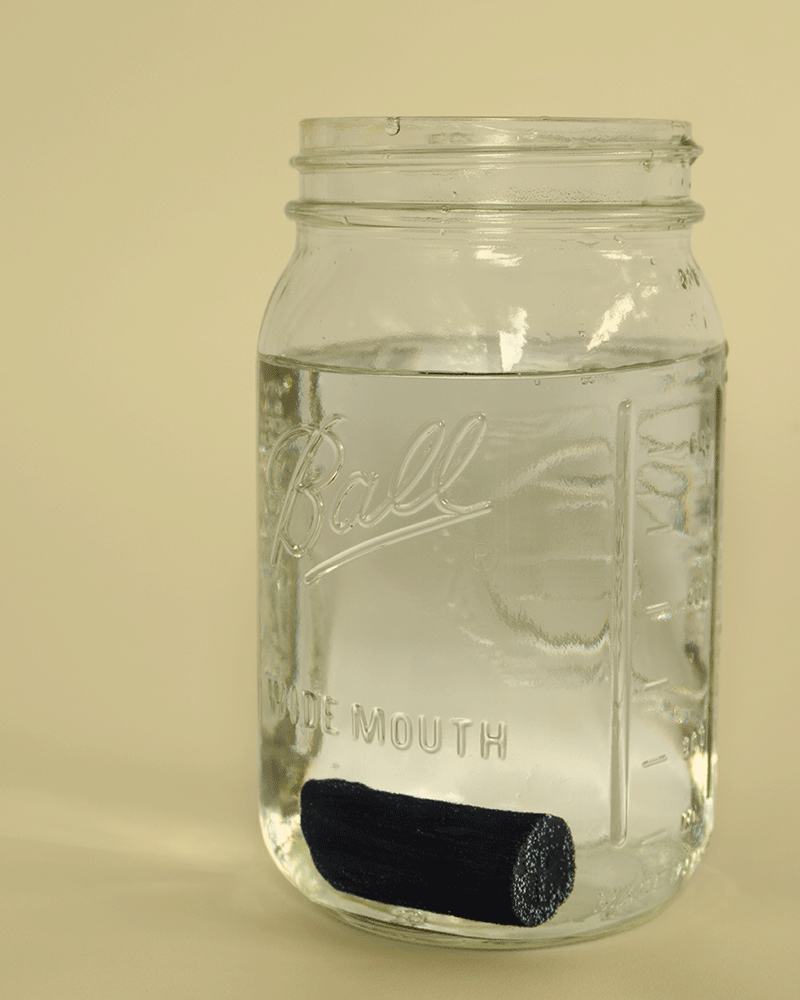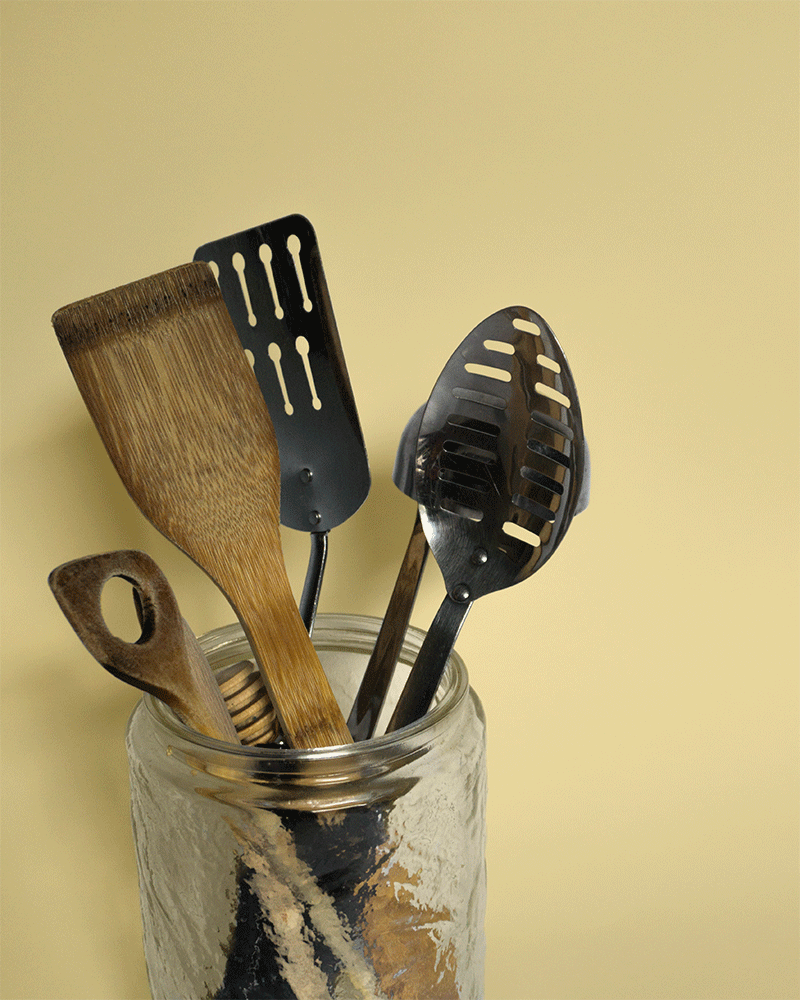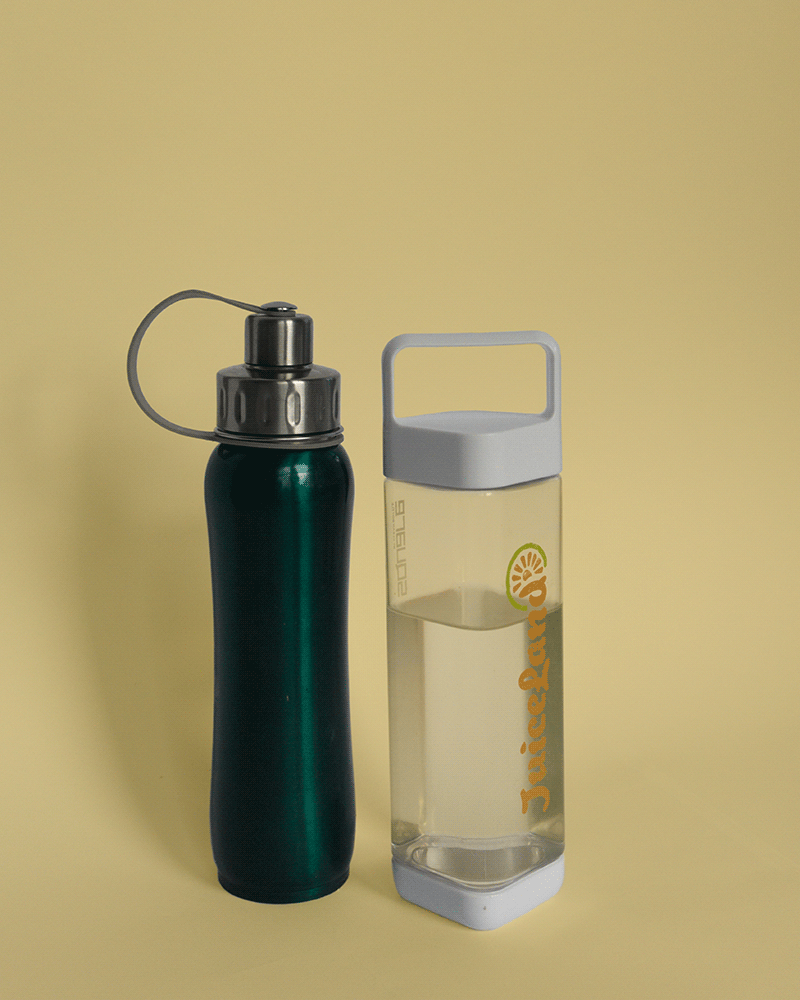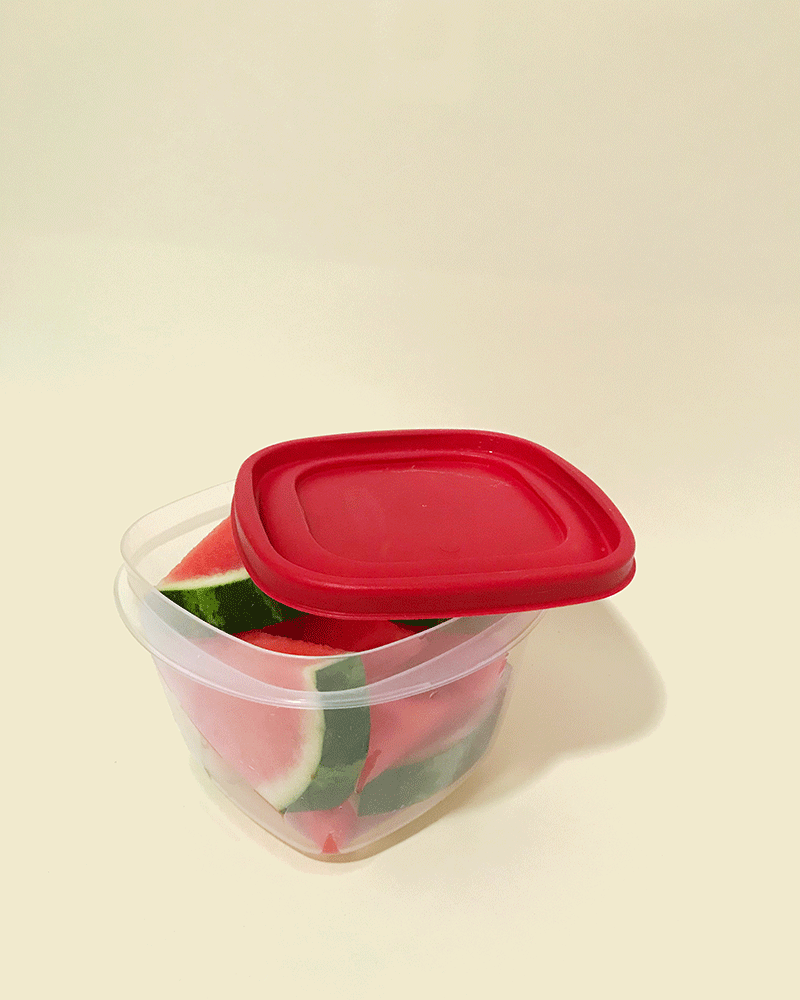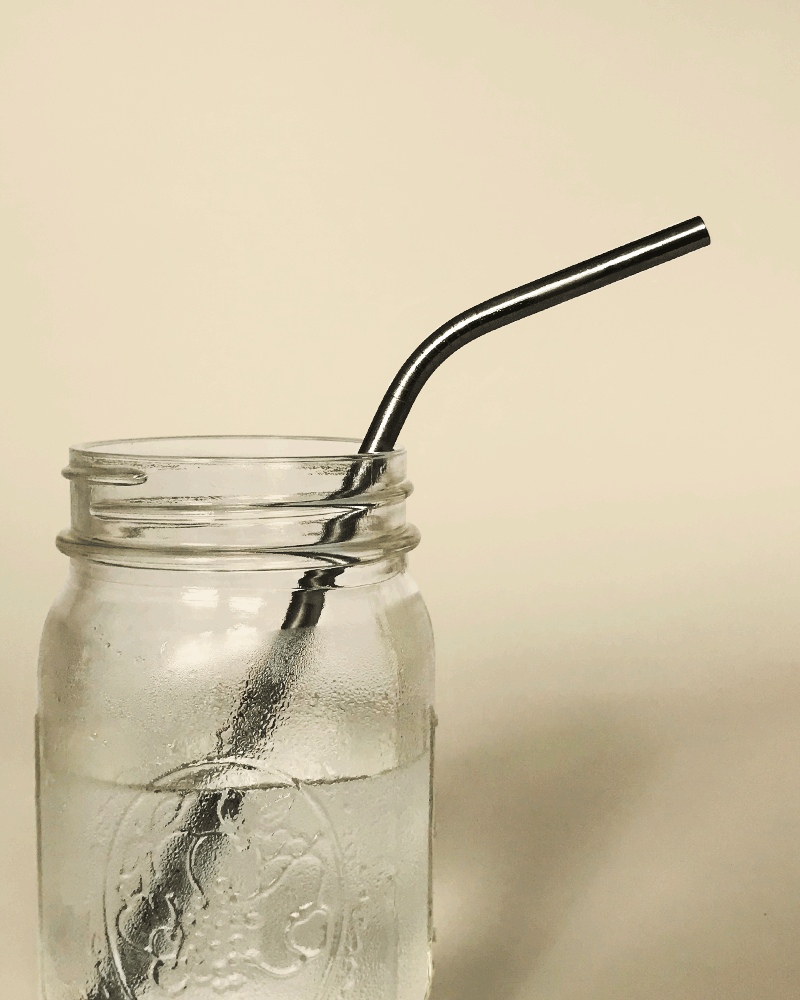baking
As we've mentioned in the past, the kitchen is a major source of disposable single-use waste in the home. Common baking tools such as soiled aluminum foil, baking paper, and packaging from ingredients are usually all headed to the landfill after being used.
 Home
About
Shop
Home
About
Shop
